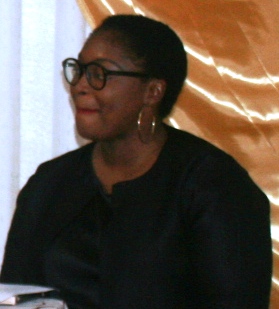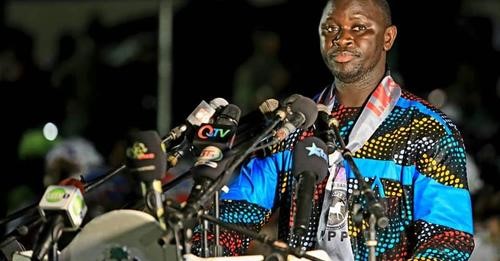By Yunus S Saliu
At the recently concluded Quadrennial Periodic Reports to the 2005 Convention exercise organized by the National Centre for Arts and Culture in collaboration with the UNESCO, the Facilitator has reiterated the values that the Convention can add to the country and the civil society organization.
The Facilitator has well pointed out that creative industry, among other values, promotes diversity in cultural expressions, allows economic dimension; social sphere; and economic opportunities.
Giving in-depth of these values in an interview with The Voice, Ojoma Ochai, Director of Programmes at British Council, Nigeria explained that globally creative industry creates about 30 million jobs “because it is a labour creative intensive sector. It really contributes to the economic growth in some countries, even up to 10 per cent or more to the country’s GDP.”
Apart from the economic value in supporting culture and creative industry she disclosed that social sphere is another value whereby people’s voices are heard regardless of the language or country, it promotes diversity in cultural expressions, provides job opportunities particularly for young ones and women. In addition it will as well add value to the country’s identity and unity on so many levels because “countries that are getting only imported music lose their sense of identity, so there is a cultural benefit if a country protect and promotes its own cultural expressions.”
However, implementing the UNESCO 2005 Convention in a short term, there are resources attached to the Convention, been sponsored by the UNESCO, it provides technical assistance, international fund for cultural diversity (IFCD) through which civil society organization (CSO) in the country that ratify the Convention can access up to 100,000 US Dollars to support projects that supports their culture and creative industry to benefit.
The UNESCO 2005 Convention, she explained, is the protection and promotion of the diversity of cultural expressions is a legal instrument that have been ratified by 146 state parties including The Gambia which essentially prescribed some guidelines and some terms under which state parties and civil society must work together to support the culture and creative industry.
Meanwhile, Quadrennial Periodic Report (QPR) to the 2005 Convention, upon ratification, country commits to submit every four years QPRs on the policies and measures they have adopted to implement the Convention. In detail, QPR serves as a dialogue platform for civil society to engage with governments in assessing progress made to protect and promote the diversity of cultural expressions, identify priorities and challenges.





